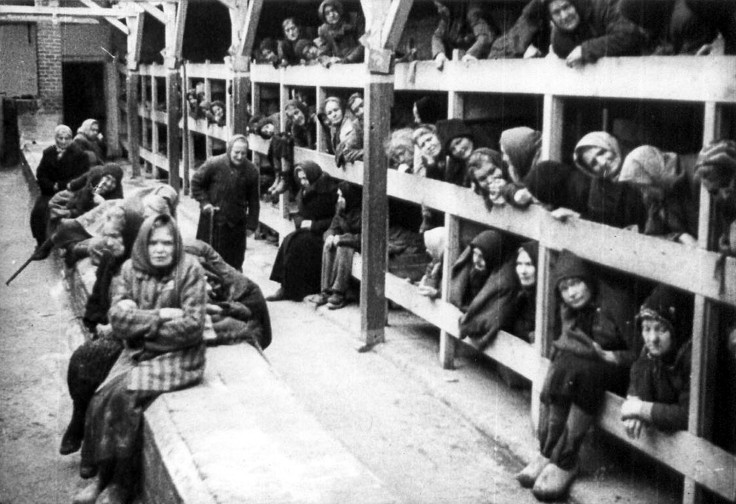The Holocaust: The day the Nazis planned how to murder the Jews of Europe
20 January 2017 marks 75 years since the Wannsee Conference where the Holocaust was planned.
75 years ago, on 20 January 1942, 15 senior members of the Nazi party and high-ranking government ministers met at a grand villa in the Berlin suburb of Wannsee. There, in just 90 minutes, the fate of 11 million Jews across Europe was decided.
Those present were already in agreement that there was only one solution to the Jewish "problem" – to kill them.
The Nazis and their supporters had already begun murdering Jews across Eastern Europe and occupied territories in the Soviet Union, but the Wannsee Conference is seen by historians as the place and time where the details of how to bring about the Final Solution were agreed.
Chaired by Reinhard Heydrich, and attended by Adolf Eichmann among others, those present discussed how to implement the Holocaust in which six million Jews were killed.
Adolf Hitler had already decided on the complete elimination of all Europe's Jews, so the meeting was more concerned with logistics than morality. According to Eichmann, the meeting was cordial and relaxed, particularly after cognac was served.
Heydrich made clear to Eichmann that the minutes of what was discussed at the meeting should be somewhat vague, but even so the discovery of one copy — the rest having been destroyed in a bid to remove evidence — would help convict those present who were captured alive, including Eichmann.
Following the meeting, the extermination of Europe's Jews accelerated, with the construction of concentration camps, as well as massacres of whole communities across Europe, before the Nazis were defeated in 1945.

On the 50th anniversary of the Wannsee Conference, in 1992, the villa was reopened as a Holocaust memorial centre called the Haus der Wannsee-Konferenz. Guided tours of the building are available, as well as a museum and library.
Holocaust Memorial Day is observed on 27 January across the world, commemorating not only the genocide of Europe's Jewry but other crimes against humanity such as those which occurred in Cambodia, Rwanda and Bosnia.
© Copyright IBTimes 2024. All rights reserved.






